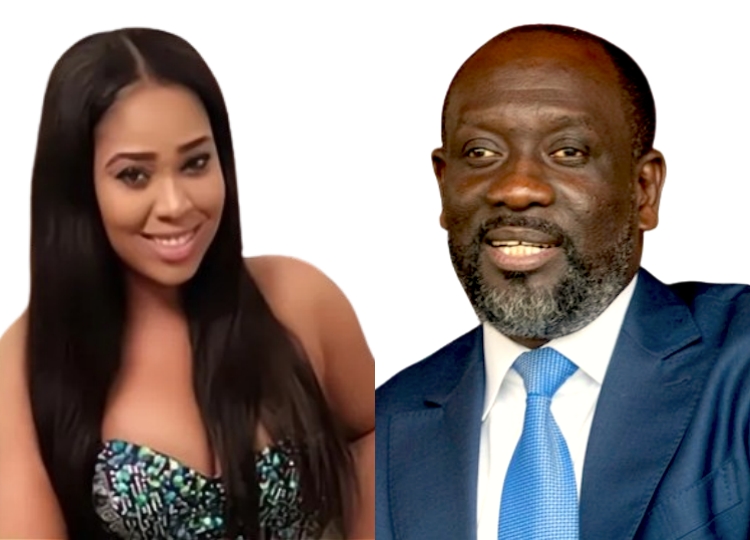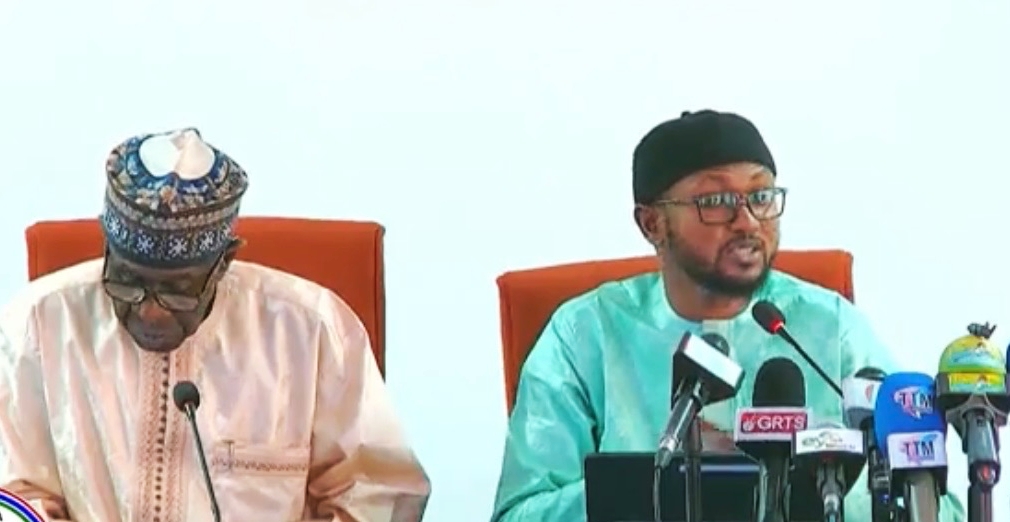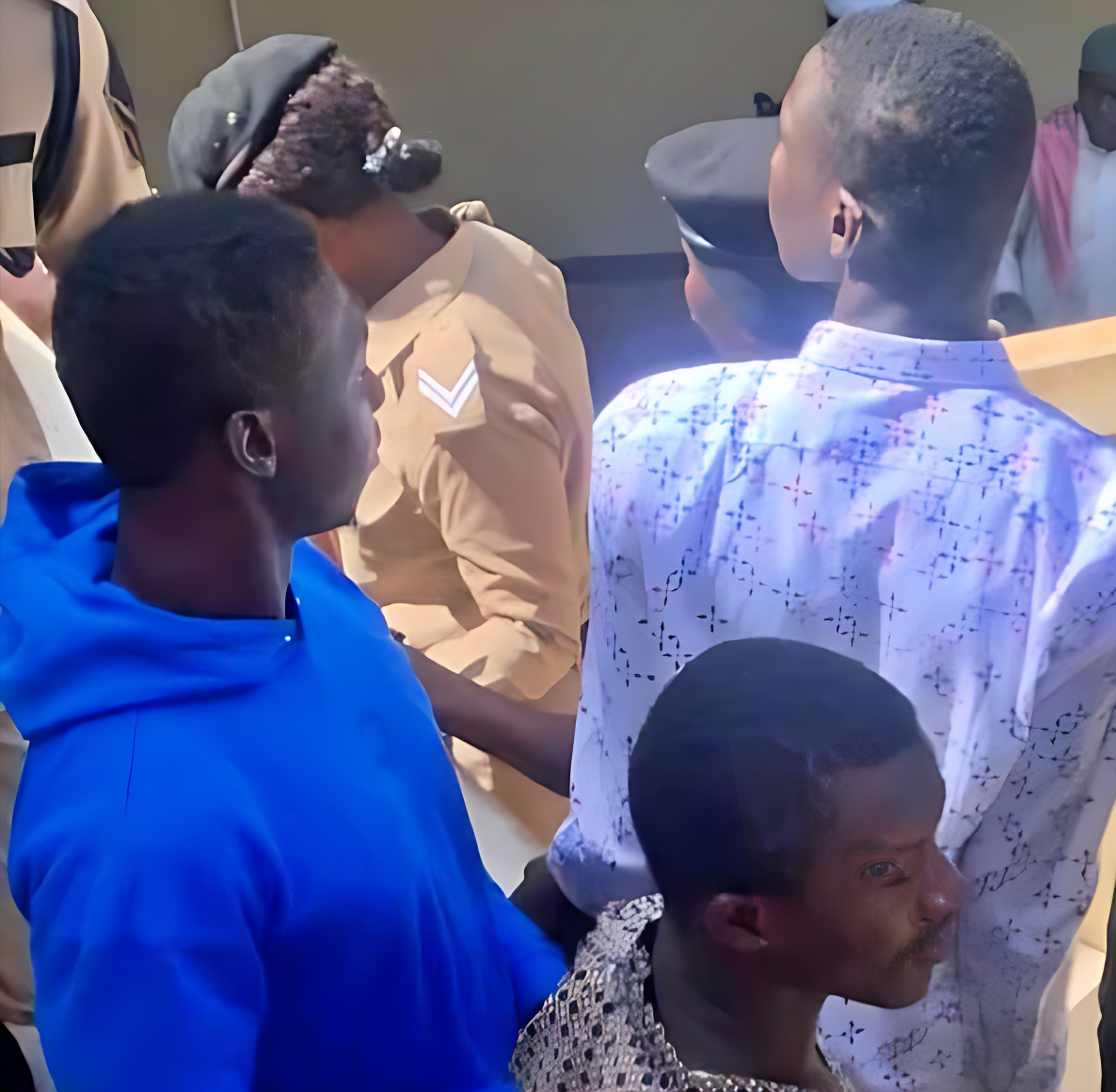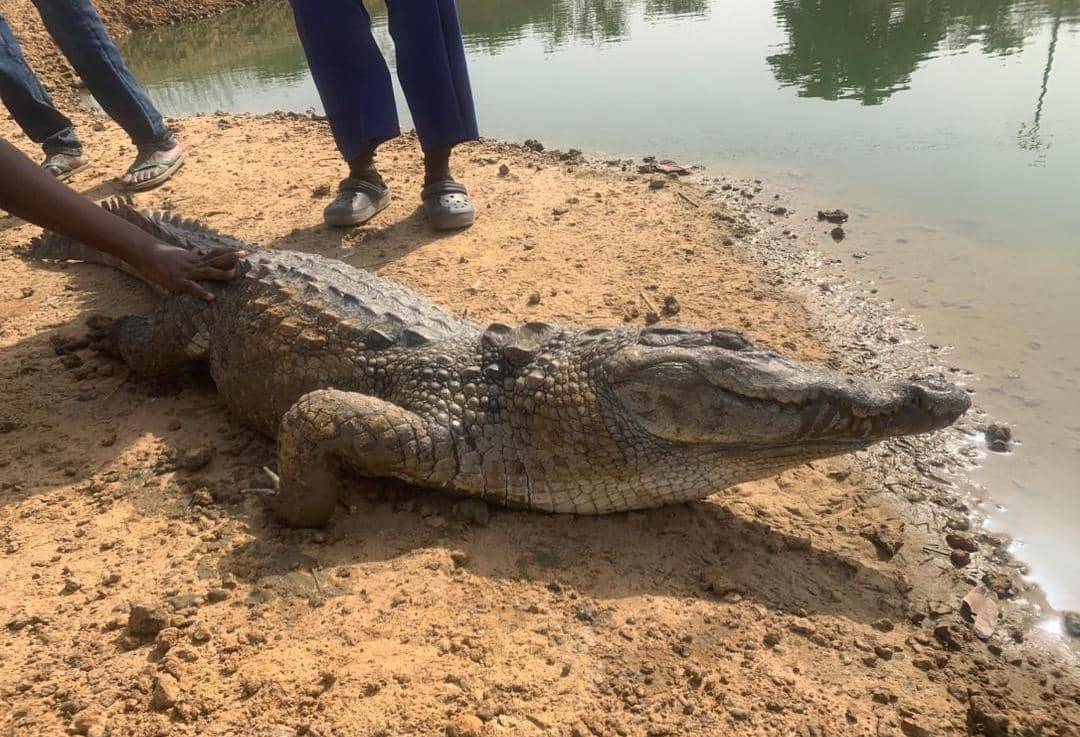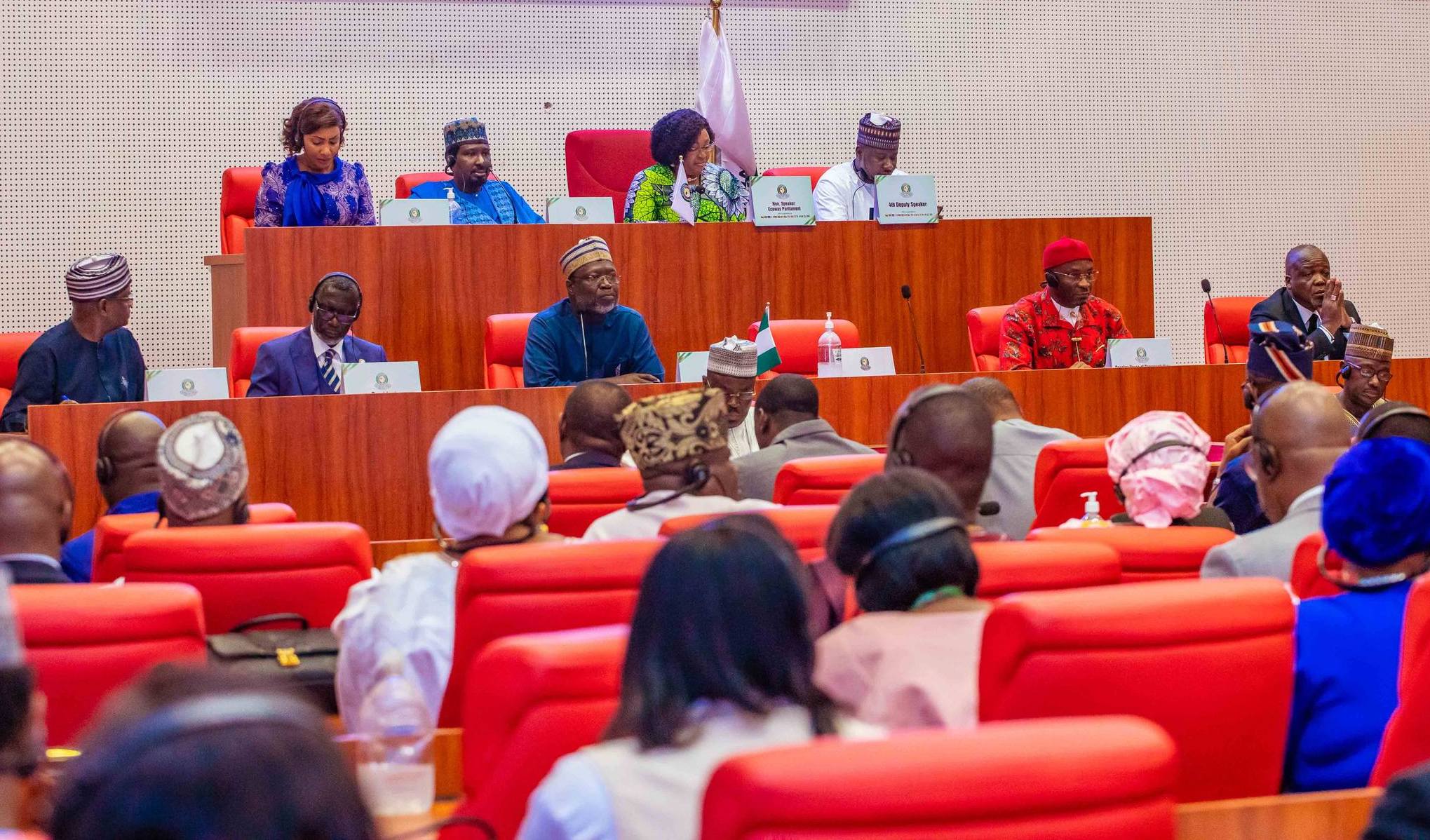Gambiaj.com – (ABUJA, Nigeria) – In a decisive plenary session, the Parliament of the Economic Community of West African States (ECOWAS) has delivered an unfavorable opinion on the proposed establishment of a Special Criminal Court for The Gambia. The parliament overtly followed the recommendations of an ad hoc joint commission, which advised against ECOWAS’s involvement in the creation and operation of the court.
The report was presented by the Joint Committee, co-chaired by the President of the Committee on Legal Affairs and Human Rights, Jérémie Adomahou, and his colleague from the Committee on Political Affairs, Peace, and Security, Melvin Snowe Jr. The proposed Special Court aimed to address serious human rights violations and crimes committed in The Gambia between 1994 and 2017, a period that coincides with the rule of former President Yahya Jammeh.
MPs clearly nervous by tense geopolitics in the ECOWAS community
Parliamentarians, like Mohamed Idriss of Nigeria, raised several concerns regarding the potential implications of establishing the court. Key issues included the impact on national sovereignty and the capacity of The Gambia’s own judicial system to handle such cases. Additionally, some members like Laadi Ayii Ayamba of Ghana expressed doubts about the effectiveness of the court in delivering justice to victims and holding perpetrators accountable.
Another significant concern was the specific time frame chosen for the court’s jurisdiction. Commissioners questioned whether focusing on crimes committed between 1994 and 2017 would inadvertently create injustice by ignoring crimes committed outside this period. This selective timeframe could undermine the goal of comprehensive justice.
The financial aspect of the proposed court was also a contentious issue. Although the Gambian government, along with other organizations and states, was expected to finance the court, parliamentarians worried that ECOWAS might eventually be asked to contribute. The potential financial burden on ECOWAS, even if not immediate, was a concern for many members.
Parliamentarians such as Adjaratou Traore Coulibaly (2nd Vice Chair) of Côte d’Ivoire, also highlighted the potential regional impact of establishing the court. The ECOWAS Parliament Speaker, Hon. Mémounatou Ibrahima of Togo, questioned whether the creation of the court might disrupt the existing climate of peace, which had been carefully negotiated with the former regime. They also expressed concerns about ECOWAS’s ability to intervene effectively if new regional tensions arose due to the court’s establishment.
Procedural issues were another point of contention. The Joint Committee emphasized the need for greater stability in The Gambia and pointed out procedural shortcomings in the submission of the draft decision for parliamentary opinion. Concerns were raised about the timing and thoroughness of the consultation process, which limited ECOWAS parliamentarians’ ability to fully engage with key stakeholders.
Gambian ECOWAS MPs’ weak arguments flatly inefficient
The legislators from Gambia, Hon. Billay G Tunkara, Hon. Alhagie S Darbo, and Hon. Maimuna Ceesay contended that after years of crimes and horrors against citizens of their country, the people of Gambia need and deserve justice, and they pleaded with ECOWAS to help with the process. Hon. Sheriff Sarr defended that not all Gambians agreed with the Truth, Reconciliation, and Reparations Commission (TRRC) and its recommendations but there’s a consensus for justice to prevail.
However, after much debate and deliberation, the majority prevailed. Opposing lawmakers, including representatives from Sierra-Leone, Liberia, and Côte d’Ivoire, who claimed to have experienced worst situations than The Gambia, pointed out that although the Gambia can establish its own court through its constitutional and other legal mechanisms, ECOWAS cannot be a party to it.
Honourable Ramatoulaye Labbo Diallo of Guinea Conakry suggested that The Gambia take inspiration from her country, which boldly established a special tribunal to prosecute crimes committed during the regime of former President Moussa Dadis Camara without the assistance of ECOWAS.
Despite recognizing The Gambia’s right to establish a Special Court to combat impunity and deliver justice to victims, the Joint Committee advised against ECOWAS’s involvement. The committee argued that ECOWAS’s participation could compromise its mediation role in the region and potentially exacerbate existing challenges.
Ultimately, the plenary session of the ECOWAS Parliament voted overwhelmingly to reject the proposal for the Special Criminal Court in The Gambia. As The Gambia continues its pursuit of justice and accountability for past crimes, the debate over the involvement of regional bodies like ECOWAS remains critical to ensuring a balanced approach that upholds both justice and regional stability.
After years of inaction and minimal efforts to hold perpetrators of crimes under Yahya Jammeh accountable, the ECOWAS Parliament’s rejection of the proposed Special Criminal Court represents a significant setback for The Gambia’s faltering attempts to implement the recommendations of the TRRC. This decision undermines the country’s fragile progress towards justice and reconciliation, casting doubt on the effectiveness of its transitional justice mechanisms and the government’s commitment to addressing past human rights abuses.



